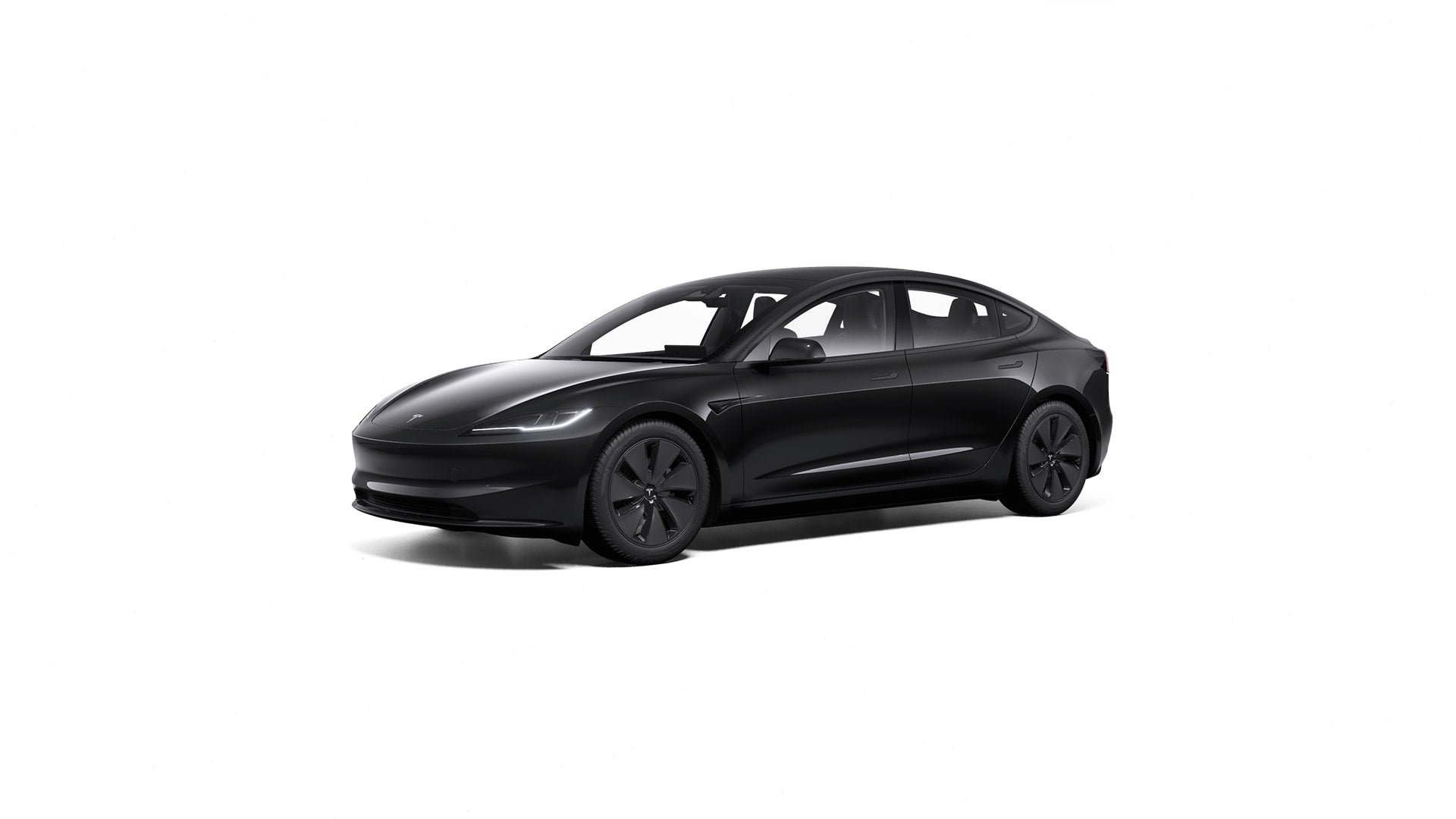
Proponents of battery electric vehicles (BEVs) often state these vehicles should be less problematic and require fewer repairs than [petrol]-powered vehicles since they have fewer parts and systems. However, repair data newly incorporated in the JD Power Initial Quality Survey shows BEVs, as well as plug-in hybrid electric vehicles (PHEVs), require more repairs than gas powered vehicles in all repair categories.
“Owners of cutting edge, tech-filled BEVs and PHEVs are experiencing problems that are of a severity level high enough for them to take their new vehicle into the dealership at a rate three times higher than that of gas-powered vehicle owners,” said Frank Hanley, senior director of auto benchmarking at JD Power.

Discover B2B Marketing That Performs
Combine business intelligence and editorial excellence to reach engaged professionals across 36 leading media platforms.
Gas- and diesel-powered vehicles average 180 PP [problems per] 100 this year, while BEVs are 86 points higher at 266 PP100. While there are no notable improvements in BEV quality this year, the gap between Tesla’s BEV quality and that of traditional OEMs’ BEV quality has closed, with both at 266 PP100.
In the past, Tesla has performed better but that is not the case this year and the removal of traditional feature controls, such as turn signals and wiper stalks, has not been well received by owners.
Key findings of the 2024 study include: Frustration rising from false warnings: Often, owners don’t understand what warnings mean. For instance, rear seat reminder technology, designed to help vehicle owners avoid inadvertently leaving a child or pet in the rear seat when exiting the vehicle, contributes 1.7 PP100 across the industry. Some mistakenly perceive it signals an unbuckled seat belt or cite the warning goes off when no one is present in the rear seat. Furthermore, advanced driver assistance systems, intended to save lives and reduce injuries, are irritating vehicle owners with inaccurate and annoying alerts from rear cross traffic warning and reverse automatic emergency braking features, a newly added feature to the survey this year.
Owners want to cut the cord: Problems with Android Auto and Apple CarPlay persist as the feature remains one of the top 10 problems. Customers most frequently experience difficulties connecting to their vehicle or losing connection. More than 50% of Apple users and 42% of Samsung users access their respective feature every time they drive, illustrating that customers want their smartphone experience brought into the vehicle and also desire the feature to be integrated wirelessly.
In-vehicle controls are out of control: Features, controls and displays is the second most problematic category in the study, slightly better than only the notoriously issue-prone infotainment category. From such seemingly simple functions like windshield wipers and rear-view mirror to the more intricate operation of an OEM smartphone application, this category is particularly troublesome in EVs. The PP100 incidence in this category is more than 30% higher in EVs than in gas-powered vehicles. This is exacerbated by Tesla’s recent switch to steering wheel-mounted buttons for horn and turn signal functions, a change not well received by owners.
The study, now in its 38th year, is based this year on responses from 99,144 purchasers and lessees of new 2024 model year vehicles who were surveyed after 90 days of ownership.






